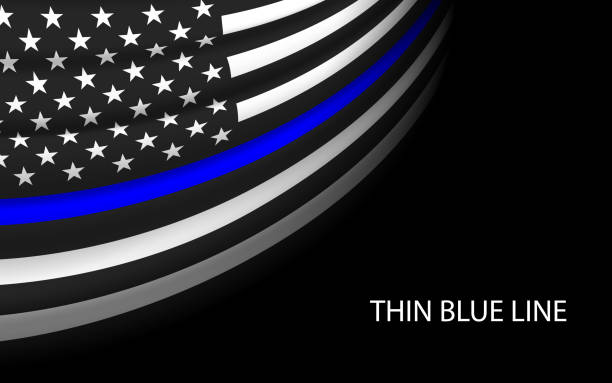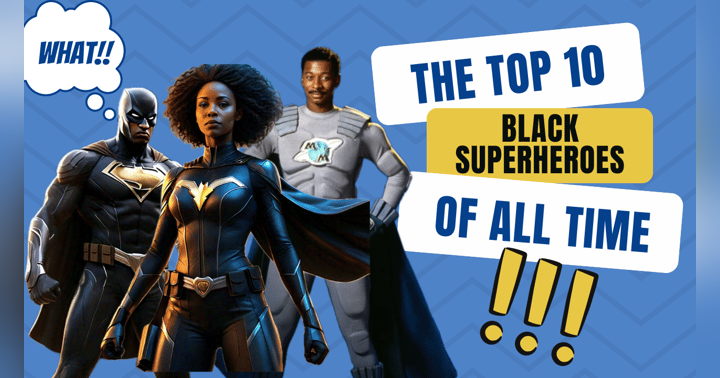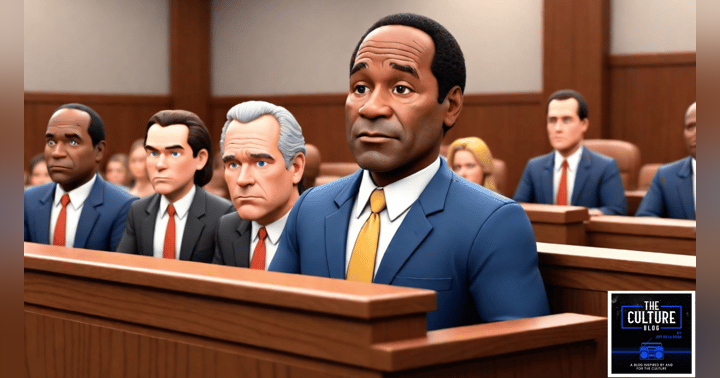Is the Blue Lives Matter Movement Racist?

Is the Blue Lives Matter movement racist?
While at the time of this writing, the media coverage of the blue vs the black has since subsided, it is a battle that is forever ongoing and has been for far longer than the invention of smart phones.
This article is in no way, shape, or form intended as an attack on policemen and women, but rather as social commentarial observation from the perspective of those that have long been affected.
While some may view Blue Lives Matter as a positive form of solidarity between our city’s policemen and women and our communities, the movement is a form of covert racism.
The Black Lives Matter movement began after the deaths of African Americans at the hands of police officers. It began in 2013, as a hashtag, following George Zimmerman’s acquittal after killing the teenage Trayvon Martin. In response to police brutality and violence against Black people, the term garnered a lot of support. However, in 2020, it reached a fever pitch as a series of racially motivated murders rocked the globe. Most notably the very public and viral killings of George Floyd, Ahmaud Arbery and others. The killing of unarmed black people, in turn, sparked a national narrative about the suffering of police officers. As a result, “Blue Lives Matter” became the rallying call for those offended by the suggestion that we should hold police officers accountable for killing unarmed African Americans or that somehow all police officers are racist.
So as some would see the Blue Lives Matter movement as a form of uniting our communities, or that of positive reinforcement and solidarity among our police forces and those who support the police departments, I see it quite literally as a form of dismissing the true nature behind the Black Lives Matter movement, and as a racist attempt to discretely, inadvertently, indirectly, or otherwise imply that somehow black lives are less than or worse, irrelevant, then police officers or others in the community.
Nothing could be further from the truth. Blacks lives matter. That is a fact. It is not to say that blue lives, white lives, or any other lives matter less, but as the modern adage goes; all lives cannot matter until Black Lives Matter. All lives do matter and being black is part of the ALL.
To say that Black Lives Matter doesn’t imply that nobody else’s life matters, but somehow that has become a thing. On the other hand, I can’t help but to ponder if whether the Blue Lives Matter movement holds the same uncultured or unprejudiced undertones. To say that all cops are white is like saying all Whites are racists. That couldn’t be further from the truth. But what is true is that most of the cops who kill predominately black and brown people happen to be white.
Now this is not racial debate and it's not even a conversation about black or white, it is merely a paramount observation that puts perspective into the topic. It's just another reminder of the hundreds if not thousands of years of oppression that the black and brown communities have endured and persevered through.
"Blue lives matter" is written on altered flags, signs, and bumper stickers everywhere. Apart from the savvy few who put them on their cars so a cop will be more likely to let you off with a warning, these primarily white, conservative people are blissfully unaware of the racist stench and underlying tones of these signs. Who doesn't believe cops' lives are important? Only criminals and extremists on the far left. The movement Black Lives Matter is about the disproportionate violence that African Americans face from the police. "Blue lives matter" indicates that African Americans are unconcerned about cops. There is no systematic or racial attack on cops; there are only hazards and tragedies that have always crossed the thin blue line that should protect us all.
So, where some may see the Blue Lives Matter mantra as a positive, idealistic view of patriotism, compassion, and respect for authority, I see it as a sign of dismissal, betrayal, and racism towards a group of people who have spent most of their existence being told they are less than or not as good as.











